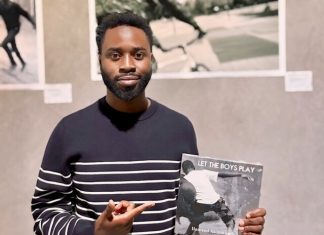Victoria University has partnered with Belgravia Leisure to help increase employment pathways and opportunities for students studying health, wellbeing and leisure.
The new partnership will develop programs that focus on delivering job-ready graduates to employers across the recreation, leisure, massage, beauty, tourism and hospitality industries.
In addition, a cadetship program will be offered giving massage and beauty students an opportunity to ‘earn while they learn’ at the award-winning Hepburn Bathhouse and Spa, which is managed by Belgravia Leisure.
A collaboration with the university’s Indigenous Academic Unit, Moondani Balluk will provide more culturally aware and inclusive spaces and programs to Indigenous communities as well.
VU’s Vice-Chancellor Professor Adam Shoemaker said that the collaboration with Belgravia Leisure is underpinned by a shared commitment to industry-based learning and transforming the lives of local communities.
“This partnership with Belgravia Leisure is logical for VU and will provide terrific career-focussed skills and training with practical work opportunities for our higher education and vocational education students as well as provide sport research opportunities,” said Professor Shoemaker.
“Also, an exciting joint research project between the Belgravia Foundation and VU’s Institute for Health and Sport will look to evaluate the impact, outcomes and benefits of programs and services to the community.
Belgravia Leisure CEO Mr Nick Cox said that he is thrilled to be working with VU in ways that will benefit industry and positively impact the community.
“In addition to the programs with VU students and research, our partnership will implement targeted community development initiatives such as a skills and career development program for women residing in the north-west of Melbourne who have been affected by the COVID-19 pandemic,” he said.
“We are confident that this initiative will significantly improve the future of our local communities post-pandemic.”







